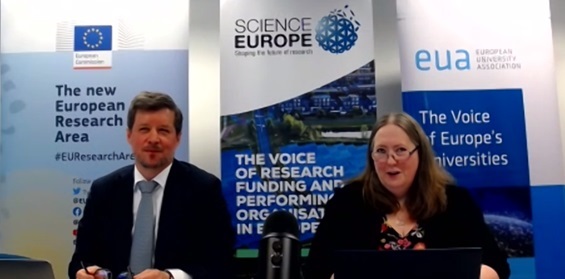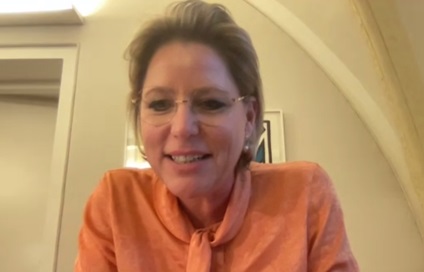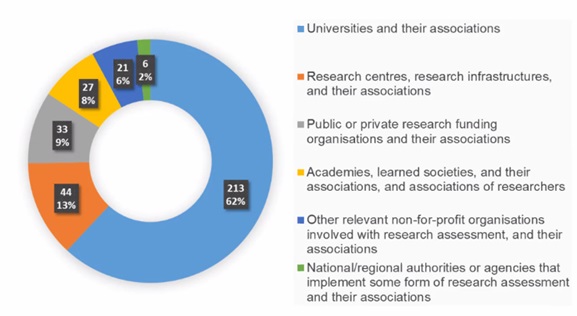
Brussels, December 1. Crue Spanish Universities participated on December 1 in the Constitutive General Assembly of the Coalition for Advancing Research Assessment (CoARA) in Brussels, chaired by Marc Schiltz, President of Science Europe, and by Amanda Crowfoot, Secretary General of the European University Association (EUA). Both institutions are the promoters of the European initiative for the reform of research evaluation. Crue is one of the organizations that has joined this coalition from the beginning and has committed to monitoring and informing its member universities about its progress and lines of work.
At the opening, Schiltz pointed out to the importance of this meeting for the European and global research community, as well as to the need to address the reform of research assessment with the involvement of all actors. For this, he recalled that CoARA intends to serve as a forum for joint work and reflection. For her part, Crowfoot indicated that this meeting marks the end of the drafting process of the Agreement for the reform of research assessment and the beginning of the work of CoARA, and highlighted the political support from Member States and their commitment towards this objective, as well as the broad participation of universities and university associations.
In addition, during the meeting, the General Assembly of CoARA elected Rianne Letschert, President of Maastricht University, as Chair. Elections were also held for the two Vice-Chairs and for the Steering Board Members, the governing body that will manage and represent the interests of the Coalition in accordance with the guidelines of the General Assembly. Among the members of the university sector that were elected for the Steering Board, Eva Méndez, Deputy Vice President for Research Policies and Open Science at the Universidad Carlos III de Madrid and Chair of the Working Group on this topic within YERUN, and Paul Boyle, Vice-President of the EUA, represent the sector of universities and university associations.

At the time of its constitution, CoARA had the participation as members of 344 organizations that have committed to the principles established in the Agreement. As the following graph shows, of these, 62% are Universities and their associations (213 organizations), followed by 13% Research centers, research infrastructures and their associations; 9% from Public of private research funding organisations and their associations; 8% Academies, learned societies, and their associations, and associations of researchers; 6% other relevant not-for-profit organisations involved with research assessment, and 2% national and regional authorities or agencies that implement research assessment.

In terms of geographical distribution, the country with the largest number of participating organizations at the time of the constitution of CoARA was Italy (40), followed by France, Poland and Spain, each with 34 organizations.

